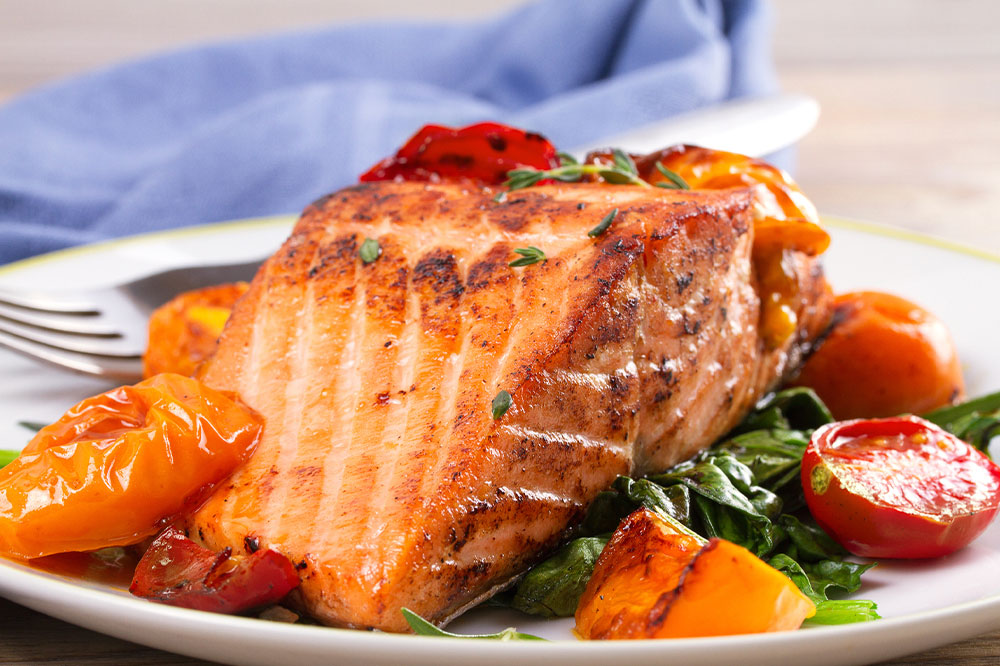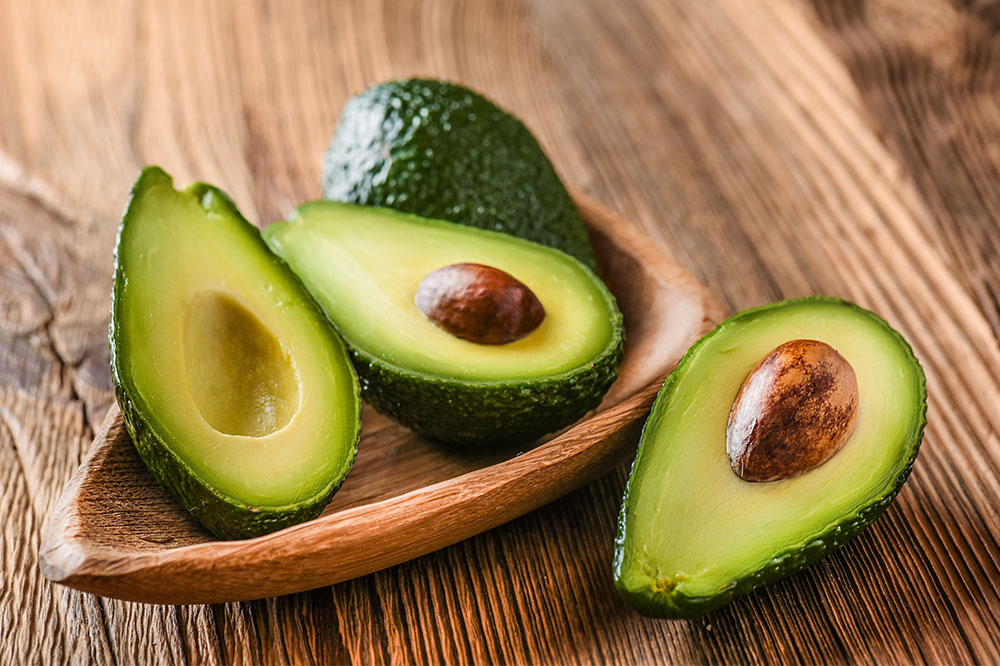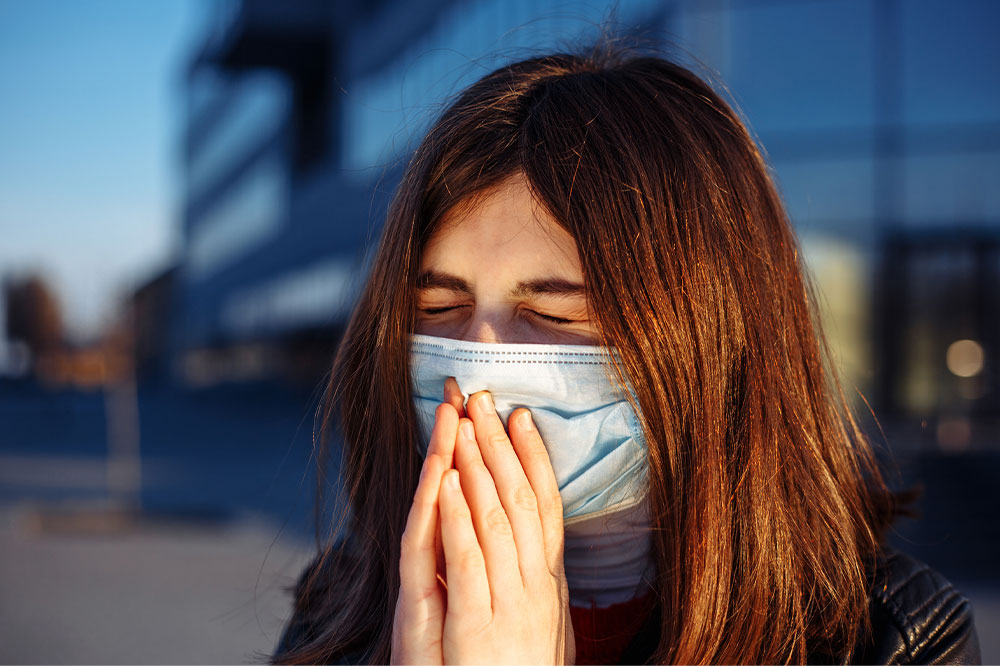
Foods that help improve skin cancer symptoms
Skin cancer is a common condition primarily brought on by excessive sun exposure. It can appear as a variety of symptoms, such as darker speckles, a mole, etc. Although the disease can be treated, there are ways to prevent and avoid it through lifestyle and food changes. Spending less time in the sun and eating certain foods may reduce the risk of developing this condition. Here are some foods that can help with related symptoms. Fatty fish Fatty fish, which are high in good fat and omega-3 fatty acids, can protect against melanoma. This type of fatty acid is beneficial to overall health and does not increase the risk of any other types of cancer. An average of one serving of oily fish, such as salmon, sardines, mackerel, and trout, which are high in omega-3 fatty acids, should be consumed every five days. They have anti-inflammatory properties that aid in the prevention of a variety of illnesses. Colorful fruits and vegetables Strong antioxidants in colorful fruits and vegetables, such as polyphenols, carotenoids, and other bioactive compounds, may reduce the risk of melanoma. Include a lot of orange and dark green fruits in your daily meals. Eating cruciferous vegetables like broccoli, cauliflower, and kale is recommended at least three times per week.
Read More 










